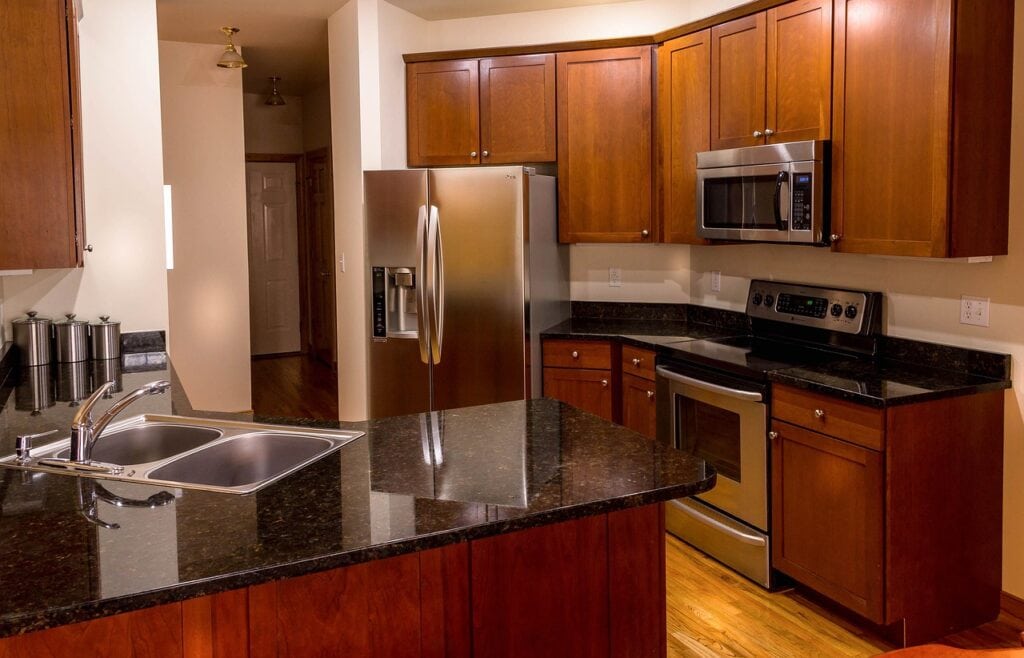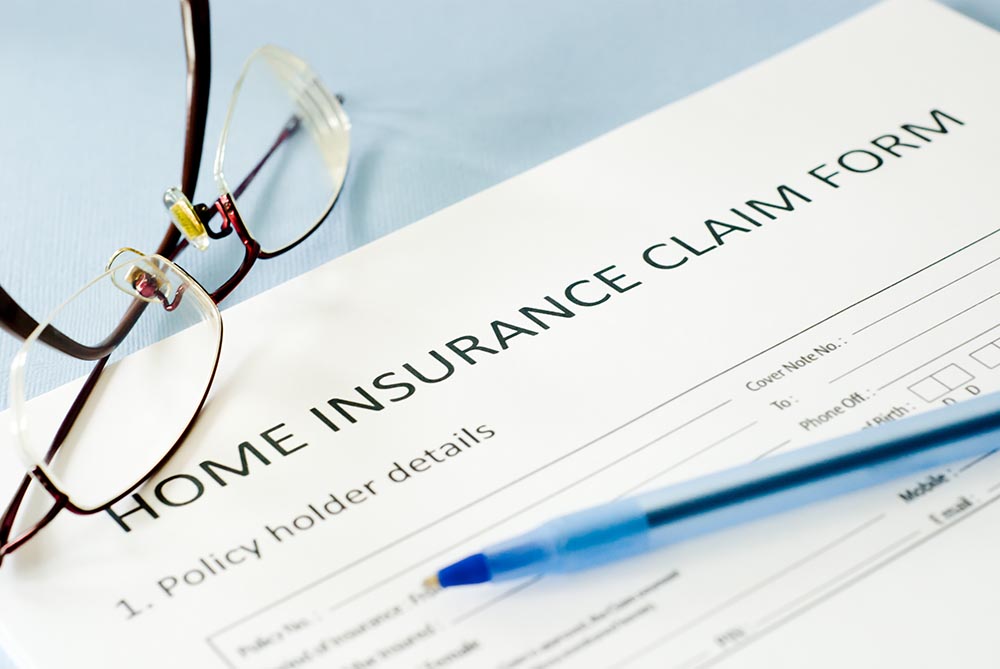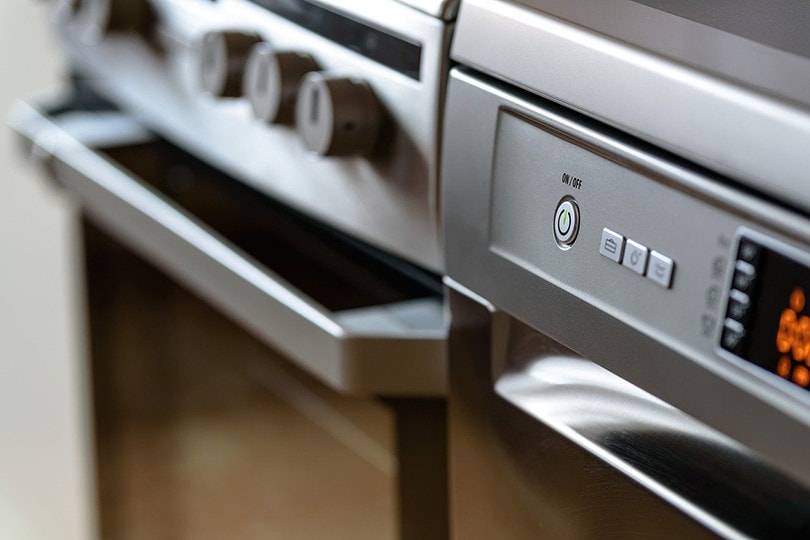What Questions Should I Ask When Buying a House? Facts & FAQ
-
Pete Ortiz
- Last updated:

Buying a house is very exciting, but it can also be terrifying and stressful. Most people go into the home-buying process looking for something that they like on the inside or a house that looks adorable on the outside. But there are a slew of important questions that need to be asked before you buy a house, even if you absolutely love what you see in person.
These are twelve critical questions that should be asked and answered before putting an offer in on the house. These questions will help unearth potential issues with the home, shore up your budget, and give you an idea about what it will actually be like to live in the home. According to a recent survey, 70% of homeowners have at least one regret about buying their house. Questions like these will help you be in the 30% that have no regrets about their purchase.
What Can I Comfortably Afford?

The first question you need to ask before buying a house is if you can afford it. You need to consult with your bank and your realtor to get an exact budget and be aware of the costs of a mortgage. Some agents will tell you that you can afford a house a little above your budget because it is only a little bit more money per month. Remember that mortgages come with a slew of fees on top of the base monthly payment. Mortgages include escrow payments, down payments, and protection fees that slowly increase the monthly cost.
How Does the Price Compare to Similar Houses?
Realtors are good at pulling comparison homes (comps), but it is good to study the comps and get a good idea of how the house compares to other similar homes in the neighborhood. It is usually a bad idea to buy the cheapest or most expensive house in a given area because it can make it hard to resell down the road. Comps will help you get an idea of whether you are getting a good deal, and it can also tip you off to potential issues lurking. If a house is suspiciously cheap, there is usually a reason for the price discrepancy.
How Long Has the House Been on the Market?

Checking to see how long a house has been on the market is imperative. If the housing market is hot, a house that has been on the market for just a few days might only last a little while longer. If a house has been on the market for weeks or months, then there could be an issue with the home or the neighborhood that is not apparent just by looking at the MLS listing. The time on the market will help guide your follow-up questions if you choose to give the house a deeper look.
Is the House at Risk from Environmental Problems?
If you are buying a house in a certain area, it is a good idea to check on the environmental threats to the home. Is the house near water like a river, stream, lake, or coastline? Does the area have a history of wildfires? Does the area get hit by severe storms or hurricanes? It is easy to get enamored with the look of a home or the location without thinking about the future long-term risks. Some problems, like wildfires, earthquakes, and hurricanes, can be catastrophic. There are numerous people that have moved into areas with environmental threats that have regretted their decisions when they get caught up in a disaster. Just know the risks and ask about the history of the area before pulling the trigger.
Consult a home audit expert
Find a inspection specialist in your area, and get free, no-commitment estimates for your project.

Does the House Have a History of Insurance Claims?

You can learn a lot about a house by checking its claims history. Has the house been struck by falling trees? Has the house flooded? Has the house been damaged by fire? Insurance claims can unveil potential damages to the home and give you an idea of what kind of environmental risks are common. Big red flags are flooding (especially repeat flooding) and wind damage because those types of damage are likely to recur in the future.
How Old Is the Roof?
Another important question is about the age of the roof. Many roofs start ailing after ten years and will have an increased risk of repairs or replacement after that decade mark. If the roof is twelve, thirteen, or fifteen years old, you will likely need to replace it in the near future. That is a serious cost that needs to be considered before buying a house or getting it factored into the final price of the house you are buying.
How Is the Neighborhood?

Homes are great, but no home exists in a vacuum. A house is a part of a community, a neighborhood, and a city. If you love your house but hate the neighborhood, that will start to weigh on your daily life over time. Is the neighborhood safe? How are the schools? Are there things to do nearby? How are the neighbors? A good neighborhood will also help you resell the home in the future if you are looking for a short turnaround time.
Why Is the Current Owner Moving?
You can usually glean information about the current owner from their real estate agents. Perhaps the owners are just downsizing, or maybe there is another reason that the owners are moving. Maybe the house recently flooded, and they don’t want to stick around. Maybe they think the house is haunted. Maybe the neighborhood has gotten worse. Most people are forthcoming about their reason for moving, and that reason can be enlightening for potential buyers.
Does the House Come with Appliances?

Sometimes it is not readily apparent if a seller is including their appliances in the sale of the home. It is a good idea to ask, just in case. It is easy to assume that the house you are looking at includes appliances, but that might not always be the case. Appliances are a good value, and if a house is not going to come with a washer, dryer, dishwasher, or refrigerator, that is something that needs to be considered and budgeted for.
Are the Appliances and Systems in Good Condition?
Even if the home does come with appliances, that doesn’t mean they are in great condition. Some appliances might be old and worn out and need to be replaced soon. You should also ask about the age and condition of the air conditioner or HVAC system. AC units periodically fail, and if the AC is old, you could be on the hook for a new one shortly after buying the house.
What Are the Recurring Costs for the Home, and How Much Are They?

Buying a home comes with a slew of costs in addition to the mortgage payment itself. You need to consider things like the cost of your home insurance, utility bills, cable, city water, waste collection, and more. It is a bad idea to max out your budget on mortgage payments alone because additional recurring costs can quickly add up. Utilities can be $200 per month, and garbage $25 a month. City water can be $75 a month. Before you know it, you have $300 or more per month in recurring fees. If you do not ask about those fees upfront, you could be in for a surprise. Your realtor should be able to give you an estimate of insurance rates, cable costs, and utilities for your area.
Are There Any Additions, Renovations, or Major Repairs in the Home’s History?
Like a car, you should ask about large-scale repairs or renovations that the house might have received. Repairs could point to a problem area of the house that should be investigated further. Additions could have issues with permitting or inspection down the road. In some areas, it is very common to have an addition come up as improper or unlicensed, which can cause major issues if you try to buy or sell a home or do more work on the house. Knowing about these areas of the house ahead of time is very important.
 Conclusion
Conclusion
These questions might sound frivolous or burdensome to ask, but they are absolutely critical. Avoiding these questions can lead to problems down the road. Since homes are most people’s single largest investment, you want to make sure you have all of your Ts crossed. It is natural to be curious about something that you are likely spending hundreds of thousands of dollars on. For most of these questions, your realtor is going to be an invaluable asset. Do not be afraid to use them.
Featured Image Credit: nattanan23, Pixabay
Contents


